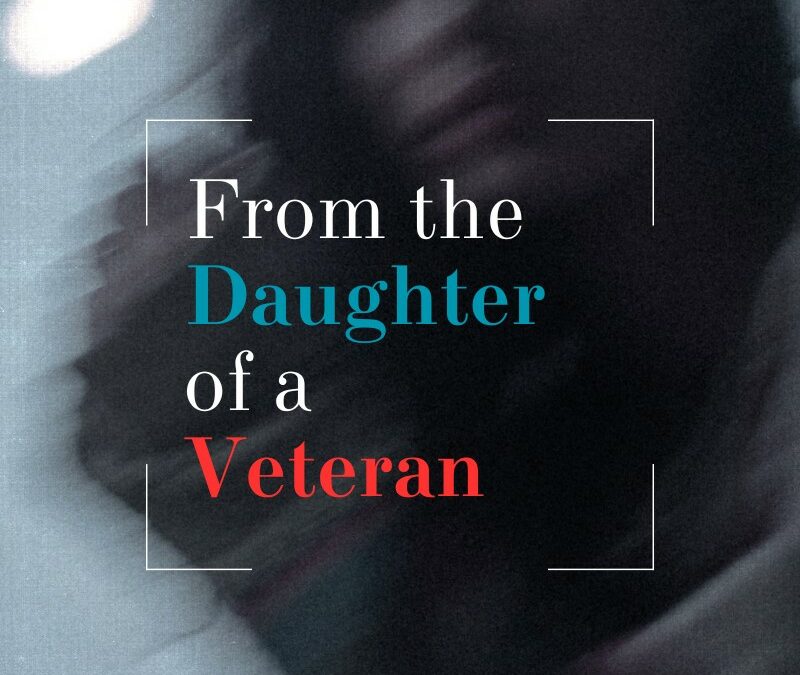Watching someone who has always been such a positive influence in my life go through such a difficult time in their life is something that I’m not sure words can even explain, but I will do my best to try.
I hope that this can help someone else going through mental challenges or know of someone close to them going through their own struggles.
Throughout my life, I have been lucky enough to be surrounded by the most amazing people who had or continue to have such a powerful impact on my life. Something I have always really struggled with in my life is loss. Up until a few years ago, I had always interpreted loss as something gone, loss of life or simply just someone not being in my life anymore. Watching someone who has always been one of the strongest, most positive and passionate people lose their sense of self was a new type of loss I never could have prepared myself for. I noticed small things here and there like he had a more negative outlook on things that he would’ve laughed about or said it’s okay kid about. His patience was smaller and he would get very angry and flustered sometimes, which was not a common occurrence for him. He no longer was motivated or eager to do the things he loved.
I thought this was because of all the physical pain he has been in for so long. Hearing him talk about how mentally he feels 25 but physically he feels 65 made me think that he was losing hope in being able to enjoy his life so he was down. Unfortunately, he was going through something else as well and I wish I would’ve known that. Once he finally found out and told me that he had post traumatic stress disorder, it all began to make sense to me.
For quite a long time before his PTSD diagnosis, he would share stories with me from his deployments or life events that had been weighing on him when he was in a more vulnerable state which I didn’t read much into, I thought he was just venting. I used to feel a lot of guilt for not recognizing these things sooner and not piecing them together, but I hadn’t gotten much into my degree and only knew what PTSD was, not what it might look like. As he went through his treatment and his symptoms got more intense, I often felt very lost and helpless because I did not know how to help. I was always used to being able to help lift certain things or take over more challenging jobs to make things easier around the house, but when it came to his mental battle, I didn’t know what I could do. He and I have always been very close and felt very comfortable confiding in each other with struggles we were having or just random stories and thoughts. He would always tell me how strong I was.
I think this is why whenever he would share stories with me, no matter how hard they were to hear I listened because I knew just how hard it was for him to tell me the stories and all I wanted to do was help him. Eventually, as he worked through treatment, he became more comfortable again, it was easier for me to motivate him to do things and he would enjoy certain things again. He would often get flustered, though, if things would go wrong or he would get confused and then get frustrated because he was confused about something he was so familiar with. I also noticed that he was very hesitant to reach out to any of his friends.
Always being such a social person, it was very saddening to watch him feel like he was a social burden or feel anxious about going to events or out with the people he loved to be around. He would hang out with me though and seeing him slowly enjoy more things and branch out to social events and situations as time went on has made me very happy. I am grateful to have such an amazing dad, to learn from and to share such a special bond with. I am so proud of the things he has gotten through and continues to overcome. He is a huge inspiration to me and many others. It is an honour to be his daughter.
For anyone who has watched someone you love go through the struggles of PTSD, I would say the most important things are: have patience and be there for them, but also take care of yourself. Talking to a therapist or someone knowledgeable can be very beneficial as it can provide you with greater understanding of what your loved one may be going through so you are able to both process your own emotions and be patient as your loved one processes theirs. Providing a support network and reassuring your loved ones are such impactful things to allow them to know they are not alone during their time of struggle. But, taking care of yourself and your own well-being is just as important, especially to be able to help others.
You are never alone.
From the Daughter of a Veteran
